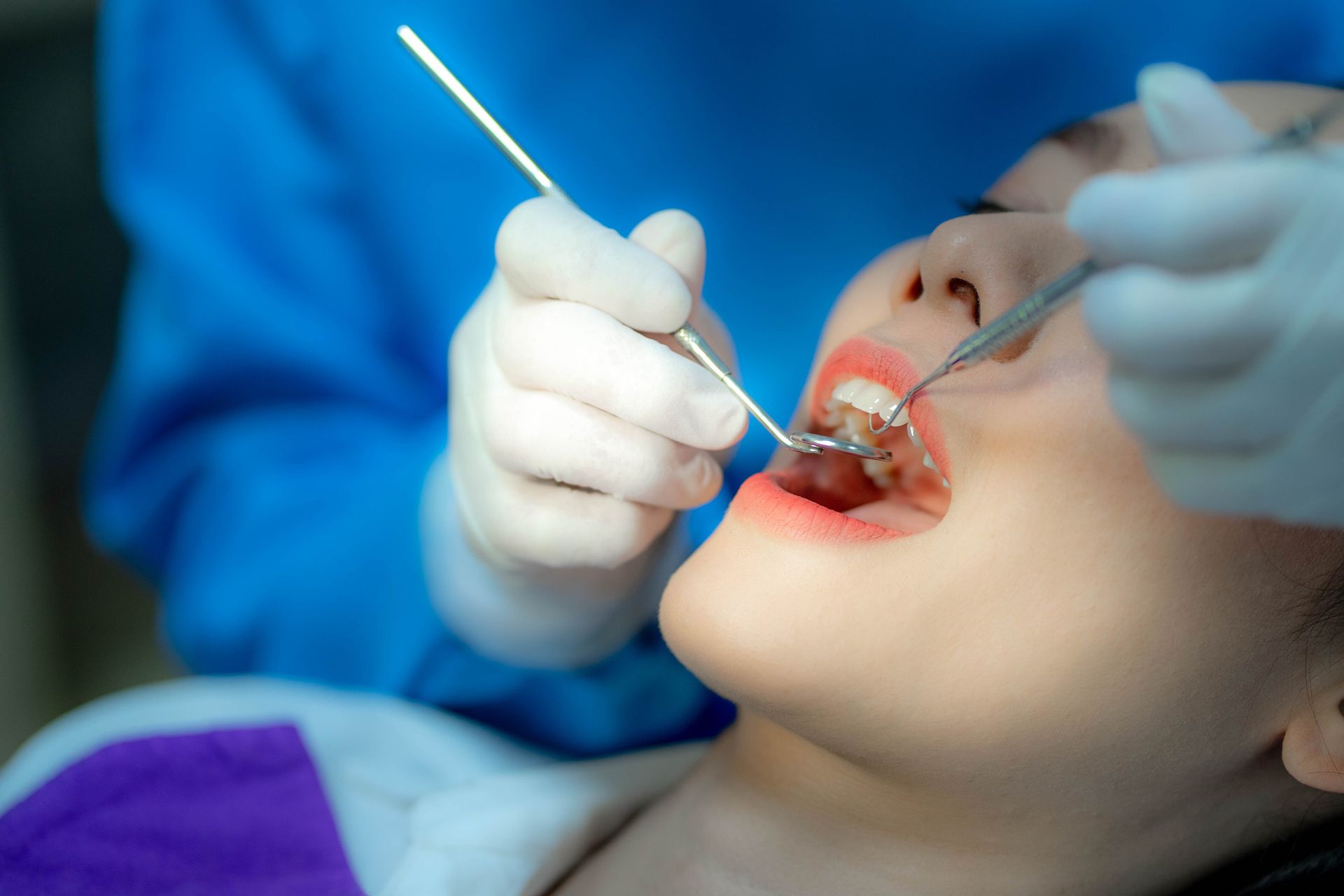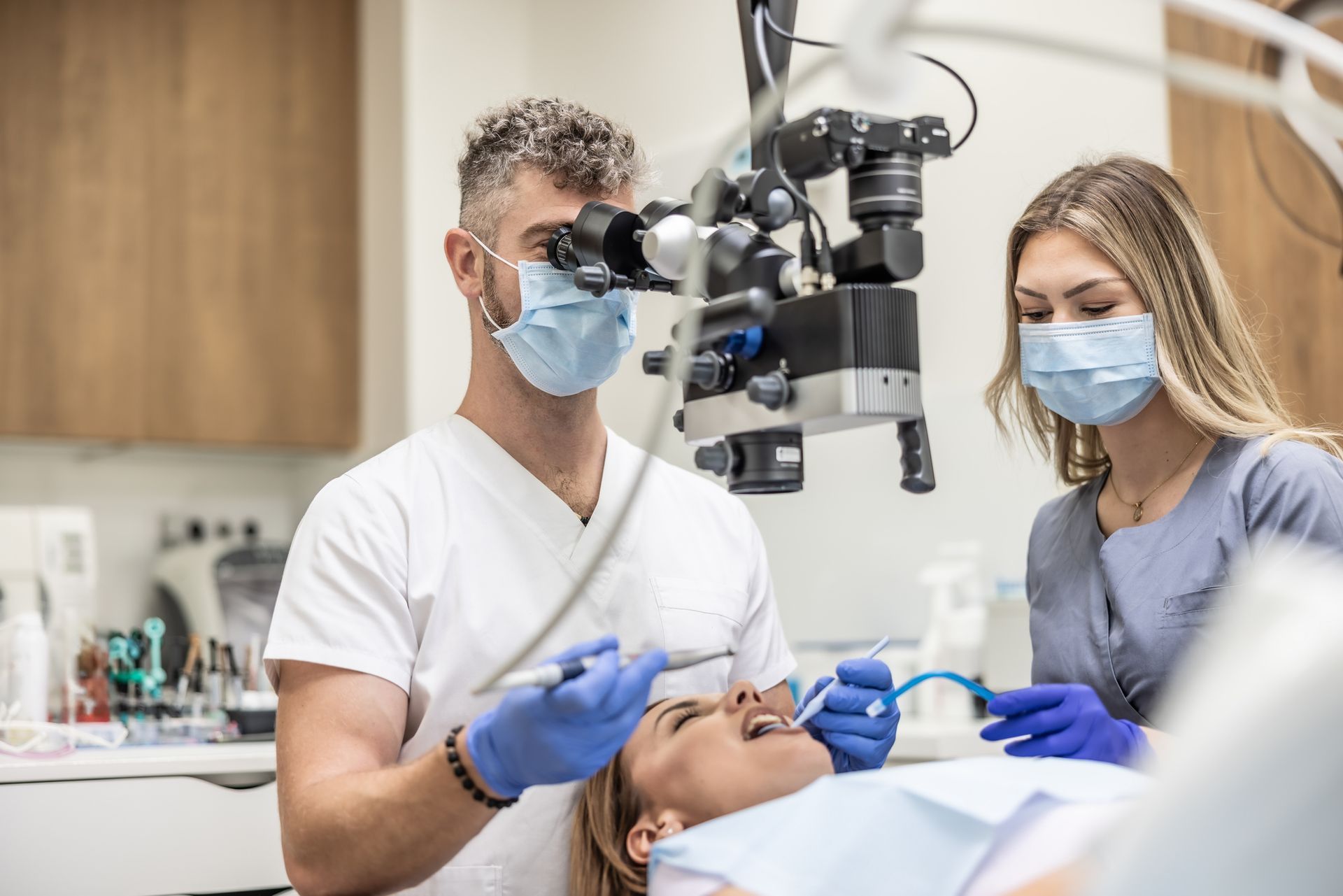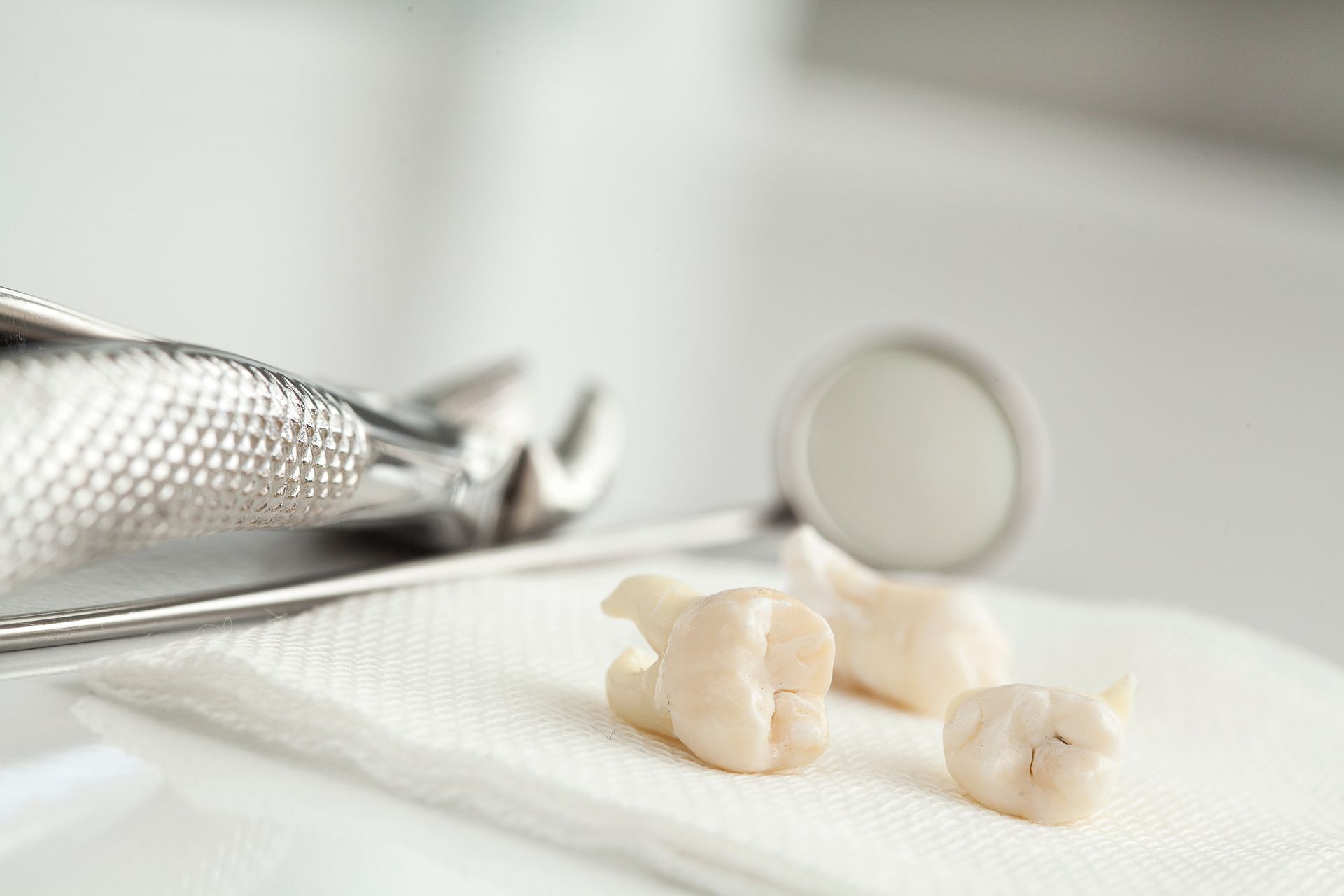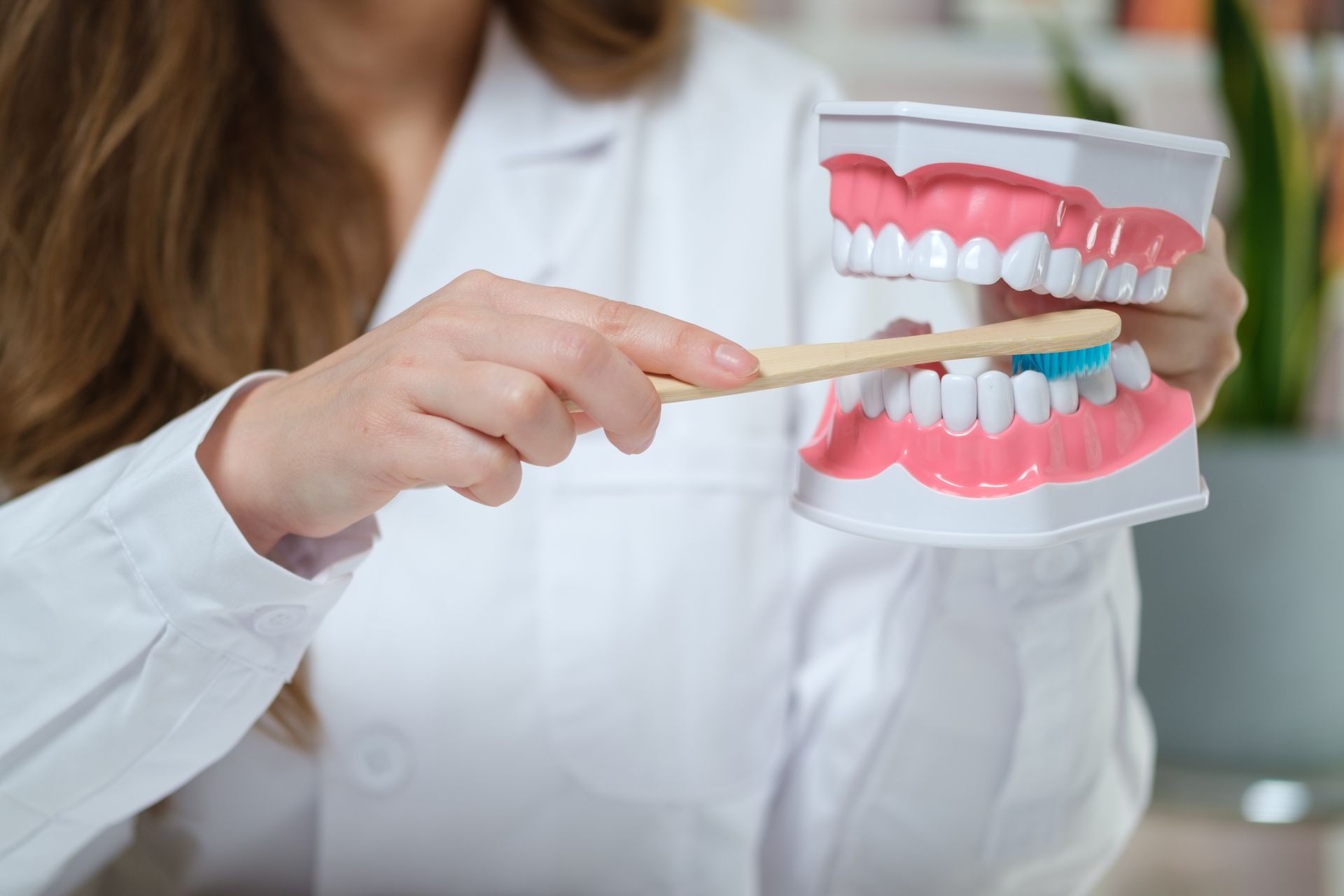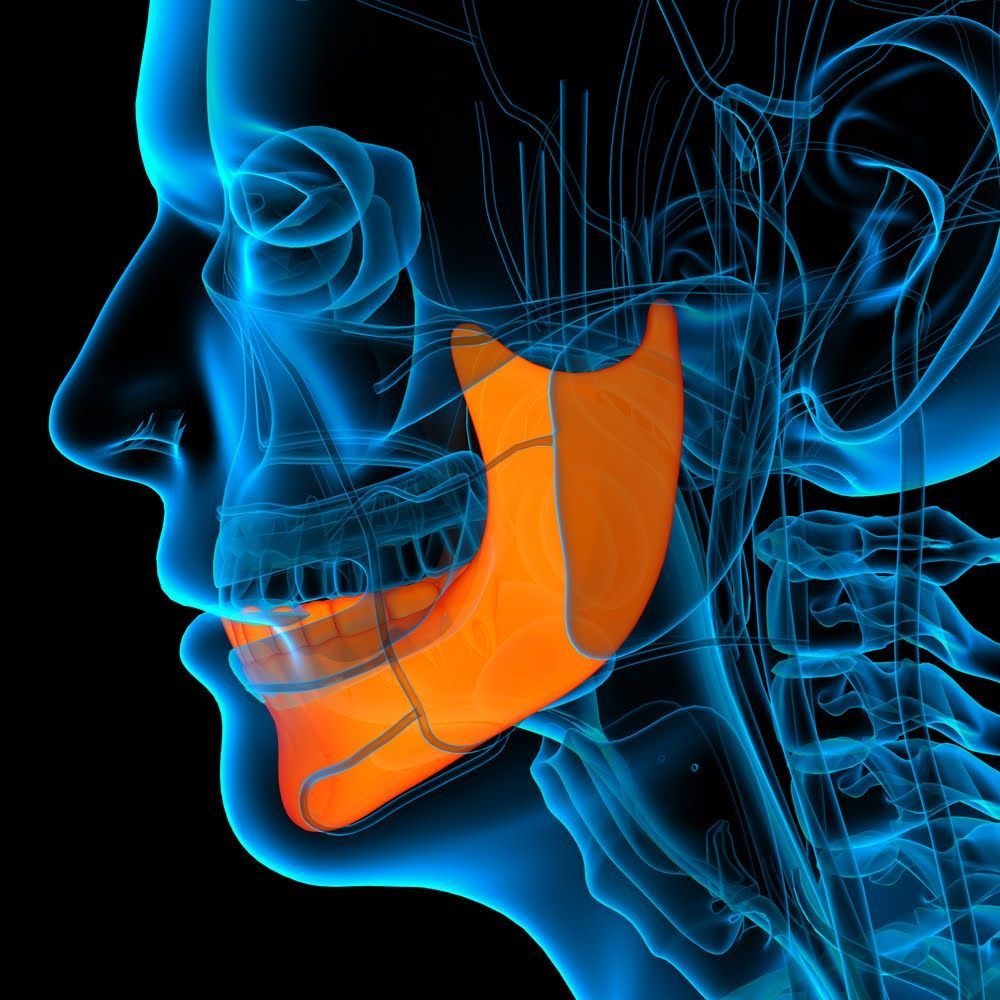What You Need to Know About Corrective Jaw Surgery and Jaw Wiring
Admin • January 22, 2020
What You Need to Know About Corrective Jaw Surgery and Jaw Wiring
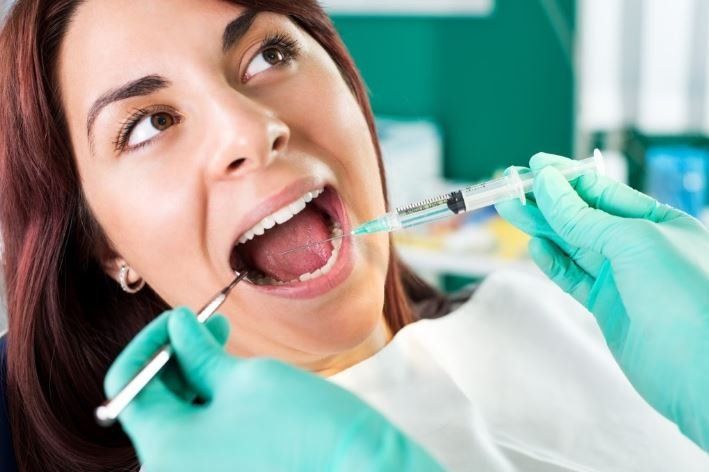
When people think of corrective jaw surgery, they may think it is only a treatment option for those with genetic defects or facial injuries. Some people are hesitant to proceed with this course of treatment because they don't want to have their jaws wired shut. But corrective jaw surgery can be beneficial for many types of issues.
Read on to learn more about why you might benefit from jaw surgery and jaw wiring.
Which Problems Could Jaw Surgery Correct?
Even if a person receives orthodontic treatment at a young age, he or she may have had habits that hindered the correct formation of the jaws and upper palate. This means that while an orthodontist may be able to correct teeth alignment, he or she may not be able to correct issues with the underlying jaw structures.
Some habits that can hinder correct jaw development are:
- Breathing through the mouth instead of the nose because of allergies, etc.
- Prolonged thumb-sucking or prolonged bottle-feeding
- Tongue-thrusting when swallowing
These habits can cause cosmetic issues, like weak chins, crooked septums, and overbites that may make a person self-conscious about their appearance.
An improper jaw relationship can also cause functional problems as well. For instance, if a person tends to breathe through their mouth rather than their nose, then they may develop a high, narrow palate which can put them at risk for sleep apnea.
If CPAP machines or intraoral devices do not work to correct sleep apnea, then jaw surgery can be used to widen the palate and bring the lower jaw forward so that the airway doesn't collapse.
Jaw surgery can also be beneficial for people with temporomandibular joint dysfunction (TMJ/TMD), a condition that causes pain in the jaw joints. If TMJ isn't relieved by physical therapy, mouth-guards, or anti-inflammatory medications, then surgery could be a good option. Surgery could bring the jaws into a better position so that the jaw joint and surrounding muscles are working in harmony.
As you can see, through surgery, a person could correct any cosmetic concerns they may have. They could also reduce pain in their joints and possibly alleviate serious problems like sleep apnea. But again, some candidates are hesitant to pursue potential benefits because they don't want to have their jaws wired shut.
When Would You Need to have Your Jaw Wired Shut?
The good news is that a lot of patients don't need to have their jaws wired shut after surgery. While you are under anesthesia, your surgeon will use titanium plates and screws to secure and splint the jaw bones in their new position. New bone will grow around these plates and screws and don't need to be removed. If you do need to be wired shut, it's usually only in the initial phase of healing and not for the entirely of your recovery.
If your doctor wants you to be wired shut, it's usually for a good reason. It may be because of a habit, like smoking, or a secondary condition, like diabetes that that would increase the risk of a non-union. A non-union formation is when the bones do not heal together properly, thus causing a patient pain and instability. If there is a non-union, you could require another surgery later on.
To prevent non-union formations in high-risk patients, surgeons may consider jaw wiring because it acts like a cast and helps to stabilize bones as they heal. It's important to consult with your surgeon to weight the pros and cons of surgery and whether you'd have to undergo jaw wiring. Following your doctor's after-care instructions is also important to prevent this problem.
Contact us at the San Diego Center for Oral & Maxillofacial Surgery for more information.


